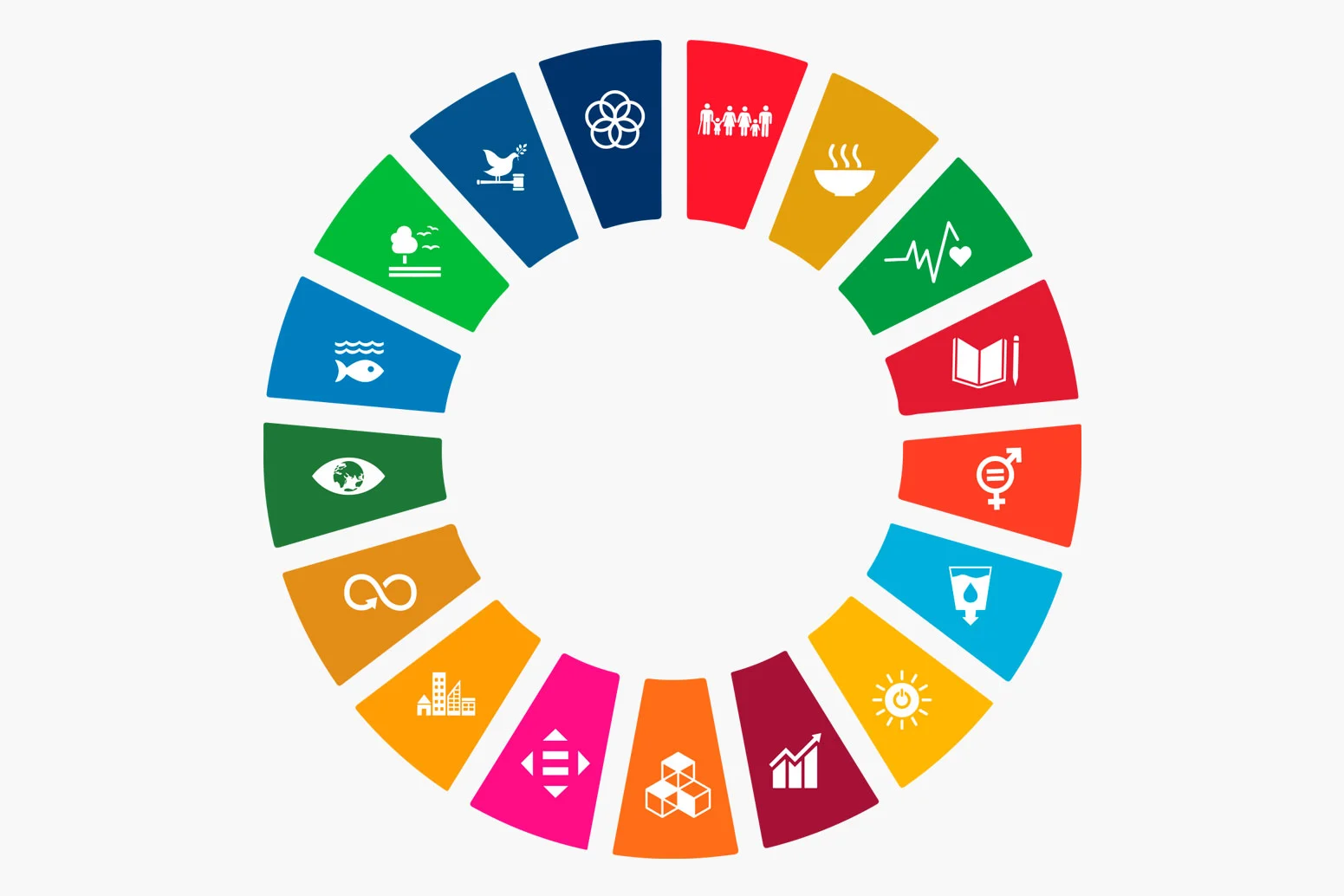If there is one thing that is striking about von der Leyen’s proposed new College of Commissioners for the 2024-2029 mandate, it is that the term ‘Green Deal’ disappears from the structure despite having been Ms Ursula’s big bet; but in turn there are up to three portfolios that will be primarily dedicated to the implementation of the EU’s climate policies: a commissioner for the environment; another for climate and climate action; and finally, the fanatical vice-president Ribera, who is attributed with Just and Clean Transition and competitiveness.
Two conclusions: Von der Leyen has no intention of changing anything in her ‘climate ambitions’ but, at the same time, she is aware that the Green Deal is demonised among European voters, so a new propaganda campaign is launched to hide the Green Deal and promote the ‘Just and Clean Transition’.
But let’s get down to the nitty-gritty. Kristians Podnieks’ report for ECR Party on the Green Deal notes that ’The European Union’s ability to deliver on its long-term goal – primarily managing the climate and digital transitions, along with the self-imposed need to achieve greater economic resilience – will depend crucially on both the quantity and nature of its investments. EU Member States collectively face a total annual investment gap of at least €481 billion until 2030. Closing this gap is essential to achieve the EU’s strategic objectives and will require an efficient use of public resources and the mobilisation of private investment.
481 billion is just over half of what the Draghi report calls for. Any impartial observer will conclude that the Draghi proposal is unworkable.
No one is in any doubt that this forced and subsidised climate transition has become a real enemy of the competitiveness of European companies; something that can be summed up in the idea that the Green Deal is, in reality, a plan for mass redundancies. The lay-offs of 15,000 workers at Volkswagen and 1,000 at Dacia, to give just a few examples, prove this point.
But Europe’s real problem is not a climate emergency but its evident and progressive deindustrialisation, which already has dramatic overtones. And it seems clear that the digital and ecological transition directly affects the competitiveness of our companies, motivating business relocation processes; because if compliance with environmental standards and the payment of emission rights and green taxes affects the profitability of businesses and their competitiveness, entrepreneurs (especially large ones) tend either to flee elsewhere or to pass on the increase in their costs to the price.
One example is the shipbuilding sector. According to industry data, 90% of world trade is conducted through the international maritime industry, but 94% of shipbuilding – civil and military – is carried out in Asia, divided between China, South Korea and Japan. In particular, 40% of construction is carried out in China (up to 96% of shipping containers).
No one can doubt that this is a very serious risk to the autonomy or economic sovereignty of European nations, as critical supply chains of raw materials or energy are at risk.
Europe’s economy cannot afford another five-year period in which the profitability, productivity and competitiveness of European companies are made to depend on the climate ambitions or delusions of a few lobbies, oblivious to the reality of the markets. On the contrary, the Podnieks report concludes that the Member States are obliged to return to the path of common sense, industrialisation, competitiveness, wealth creation and employment. Only this will also make it possible to increase public and private resources with which to undertake the industrial reforms that would allow for a truly just economic transition.
The justice of this transition cannot be achieved by subsidising redundancies and company closures, imposing a higher tax burden on companies and the middle classes which, in turn, harms their capacity to save and invest.



 Subscribe
Subscribe